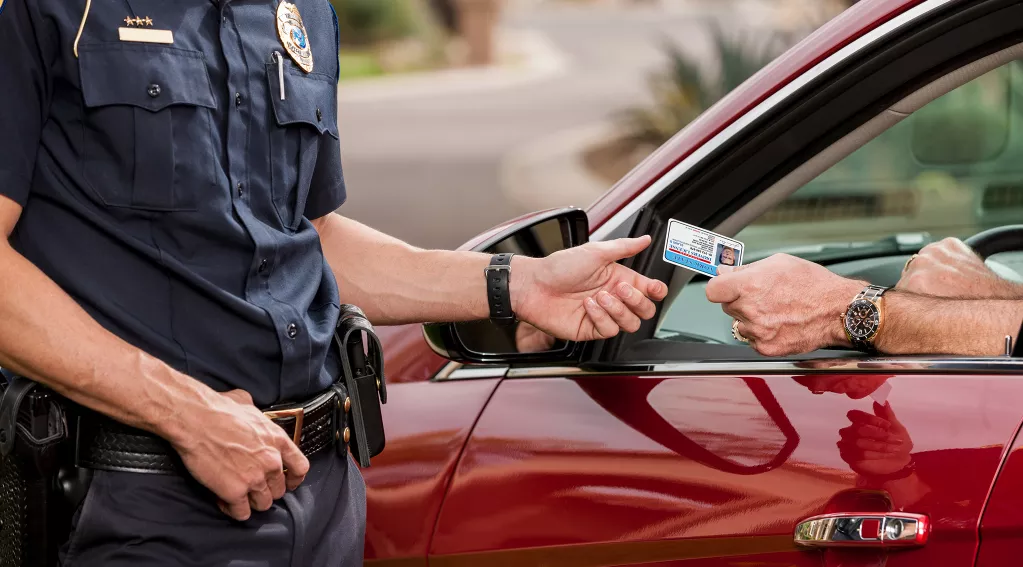NPR: Illegal Aliens Have Legal Right Not to Get Caught

Recently, there have been a number of stories in the mainstream media falsely claiming that U.S. Immigration and Customs Enforcement (ICE) has violated illegal aliens’ civil rights by using standard law enforcement techniques to locate immigration violators. National Public Radio (NPR) has now jumped on the bandwagon decrying ICE use of facial recognition technology to scan state driver’s license databases.
According to NPR, ICE is “pushing the envelope to enforce immigration laws.” NPR quotes Priscilla Gomez ofMijente, a radical organization dedicated to abolishing ICE, who says, “There’sfew guidelines to regulate what technologies are being used [by ICE] and how.”
But neither NPR nor Mijente cites any rules, regulations, or statutes that ICE might be violating. Why? Because their claims are totally baseless and utterly false.
To begin with, the Constitution and the Bill of Rights furnish adequate guidelines for the use of emerging law enforcement technology. As two centuries of Fourth Amendment search and seizure jurisprudence demonstrate, our courts have proven remarkably adept at applying civil rights principles to such advances as the telephone, personal computers, and cell phones.
In fact, courts throughout the United States have already addressed this issue, repeatedly finding that drivers have no reasonable expectation of privacy in their vehicle registration or driver’s license information. As the Court of Appeals for the Sixth Circuit noted in U.S. v. Ellison, “The very purpose of a license plate number, like that of a Vehicle Identification Number, is to provide identifying information to law enforcement officials and others.” Therefore, computer checks of vehicle registration information do not violate the Fourth Amendment or any other prohibition against unreasonable searches and seizures.
Photos on driver’s licenses serve the same purpose. They permit law enforcement and other government officials to identify drivers. And, since there isn’t any legally protected privacy interest associated with such information, government agencies don’t need a warrant or subpoena to access it. That’s why checking DMV databases is a standard tactic whenever law enforcement agencies are searching for fugitives from justice. ICE isn’t “pushing the envelope,” it’s just protecting our public safety and national security with tools that are both legal and effective.
But in a piece filled with absurd contentions, the most bizarre comes from Alvaro Bedoya, founding director of Georgetown Law’s Center on Privacy and Technology. He asserts that allowing ICE to use public information to find law-breakers, “betrays the trust of undocumented immigrants who signed up for driver’s licenses in good faith.” You read that correctly. A professor at one of America’s elite law schools thinks that illegal aliens have a fundamental right to enlist state governments in helping them hide their immigration transgressions from the federal government.
The reality is that organizations like NPR, Mijente, and the Center on Privacy and Technology simply don’t like immigration enforcement of any kind. But they can produce no legal or procedural arguments that support such a radical stance. So they lie to the public in order to create the false impression that ICE is somehow victimizing immigration-law-breakers.

